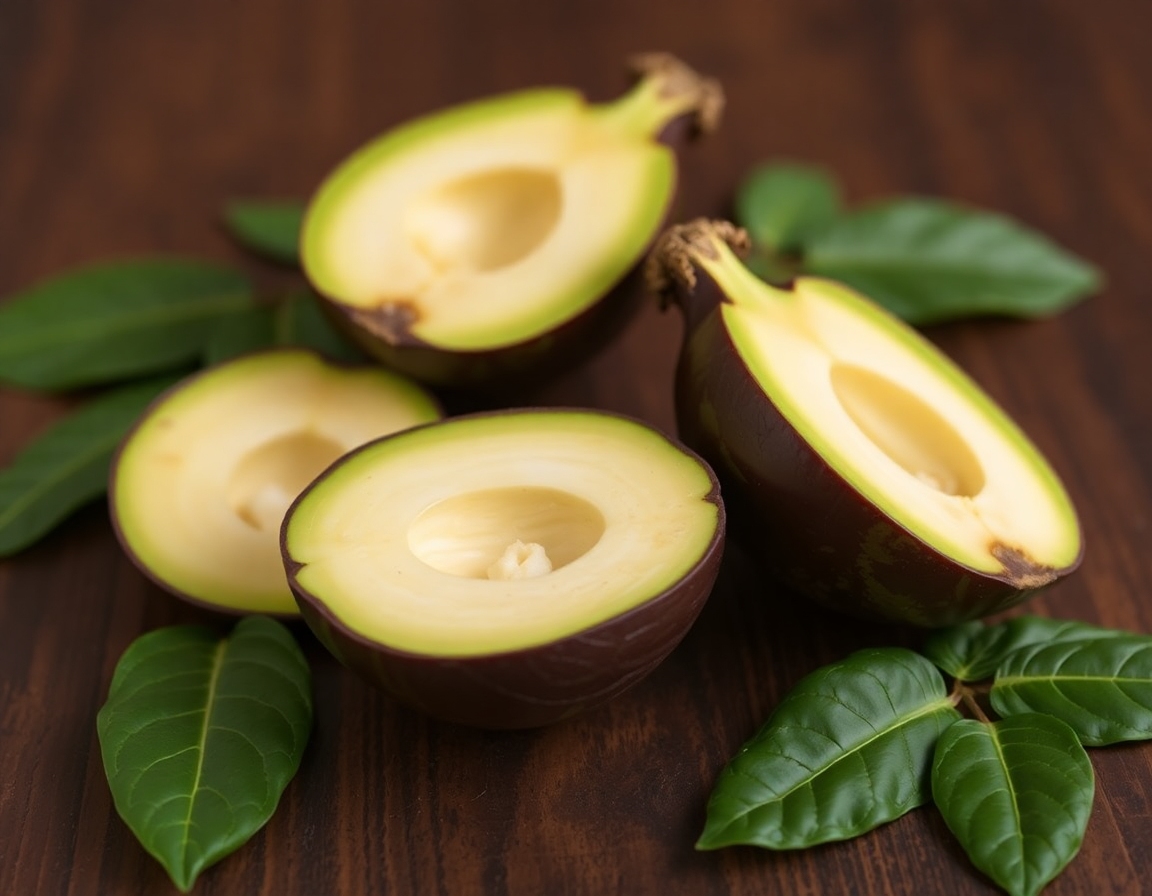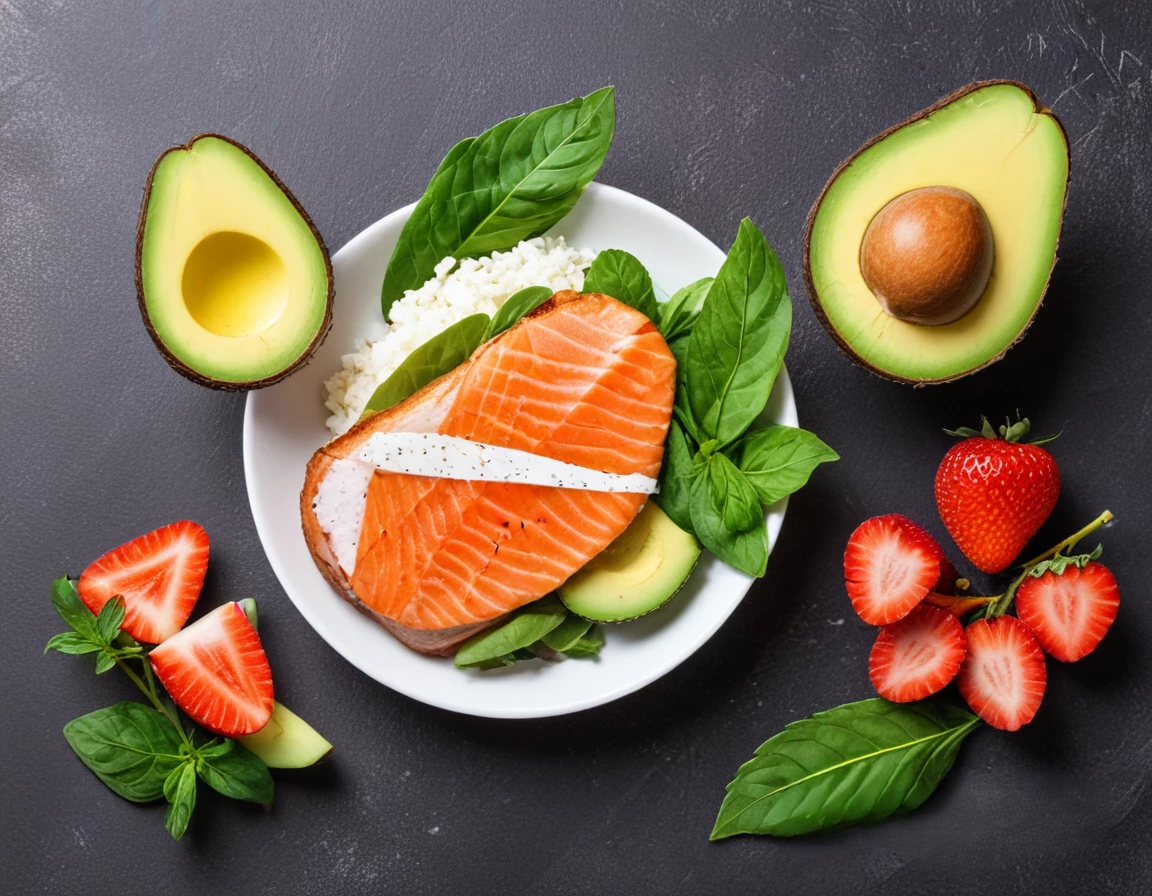Did you know most fast-food places use seed oils for frying foods like fried chicken and fries? These oils are cheap but can be bad for your health. Luckily, more restaurants are choosing healthier, non-GMO oils. This gives you options for a heart-healthy meal.
Key Takeaways
- Seed oils, such as canola, soybean, and corn oil, are widely used in the fast-food industry but have been linked to various health issues.
- There is a growing trend of restaurants that use alternative, nutritious cooking oils like avocado, olive, and coconut oil.
- Platforms like LocalFats.com help you locate restaurants that are 100% seed oil-free and use sustainable, healthy fats in their cooking.
- Seeking out farm-to-table and ethnic eateries can be a great way to find seed oil-free menu options.
- Communicating your preferences to restaurant staff can help you identify and enjoy seed oil-free dining experiences.
Introduction to Seed Oil-Free Dining
More people and restaurants are now choosing to avoid seed oils due to health concerns. These oils, like canola, soybean, corn, and sunflower oil, can lead to inflammation, heart disease, and hormonal problems.
What are Seed Oils?
Seed oils, also known as industrial oils, are common in restaurants and processed foods because they’re cheap and last a long time. But, they’re facing criticism for their possible harm to health.
The Rise of Seed Oil-Free Movement
A movement against seed oils is growing, with people and restaurants opting for healthier fats like avocado oil, olive oil, coconut oil, and animal-based fats. This change is happening as more people learn about the dangers of seed oils.
“The average American today consumes up to 32% of their total calories from seed oils, which has increased from 0 grams around 1900 to 80 grams per day in 2020.”
People and restaurants are turning away from seed oils due to health risks. They want to focus on well-being and support sustainable food systems.
Locating Seed Oil-Free Restaurants Near You
Finding restaurants that don’t use seed oils can be tough. But, there are many ways to help you find these places. Websites and apps like the Seed Oil Scout app let you search for and share info on seed oil-free spots near you. They use what people know to find places that use healthy fats instead.
Crowdsourced Platforms and Apps
Online forums and social media groups are great for finding seed oil-free places to eat. People share their finds and tips, making it easier to find places that fit your diet. By using what others know, you can find great spots and keep up with new places in your area.
Seed Oil Scout App
The Seed Oil Scout app is made to help you find seed oil-free restaurants easily. It lets you search by location, what you like to eat, and what you can eat. The app keeps its info fresh, so you always have the latest on seed oil-free dining.
| Statistic | Value |
|---|---|
| Restaurants using olive oil, avocado oil, butter, and tallow as alternatives | 100% |
| Restaurants using canola oil for cooking | 0% |
| Restaurants using vegetable oil | 0% |
| Restaurants using lard as the exclusive oil for frying and cooking | 100% |
| Restaurants with a 100% lard fat fryer and accommodating customers with olive oil or butter upon request | 100% |
| Restaurants using an olive oil blend for cooking vegetables, except for fried foods | 100% |
| Restaurants that are 100% seed oil-free, focusing on tallow, butter, and healthy oils | 100% |
| Restaurants using a blend of EVOO, organic unrefined coconut oil, clarified butter/ghee, and animal fats, avoiding highly processed oils | 100% |
Using these platforms and apps, you can easily find seed oil-free restaurants near me. They offer a wide range of healthy eating options. With more people looking for healthy dining options, these tools are key in your search for seed oil-free dining.
Benefits of Dining at Seed Oil-Free Restaurants
Choosing to eat at places that don’t use seed oils is good for your health. Seed oils like soybean, corn, and canola can cause inflammation. This can lead to chronic health problems. Opting for healthier oils like avocado, olive, and animal fats can lower inflammation and boost your health.
Health Benefits of Avoiding Seed Oils
Seed oils have an Omega 6:3 ratio that’s too high, sometimes up to 75:1. This can cause inflammation. Inflammation is linked to heart disease, hormone issues, and chronic pain. By picking healthier oils, you can cut down on inflammation and get better health.
Supporting Sustainable Practices
Choosing seed oil-free restaurants helps the environment and supports ethical food. These places use local, minimally processed ingredients. This helps local businesses and lowers the environmental impact of food. By eating there, you help promote sustainable food systems.
| Oil Type | Suitability for Cooking |
|---|---|
| Olive Oil | Best used in garnishes and dressings, suitable for lower heat cooking |
| Avocado Oil | A good substitute for vegetable oil, suitable for high-temperature cooking |
| Coconut Oil | Can be either refined or unrefined, solid at room temperature |
Supporting seed oil-free restaurants helps you enjoy less inflammation, supports sustainable food, and makes you feel good about your choices.
“The movement promoting seed oil-free dining is not scientifically based.”

Restaurants That Don’t Use Seed Oils
More restaurants in the U.S. are now avoiding seed oils due to their health concerns. They choose healthier fats like avocado oil, olive oil, coconut oil, and animal fats. This move supports a healthier and sustainable food system.
By eating at seed oil-free restaurants, you help support a nutritious food system. You also enjoy tasty meals that match your values. This section highlights some top restaurants that have made this change.
- Springbone Kitchen – With an impressive 717 views, this restaurant tops the list for its commitment to non-GMO oils and sustainable practices.
- Una Pizza Napoletana – Following closely with 327 views, this establishment is recognized for its focus on using healthy cooking oils like olive oil.
- Hearth and Lil’ Frankie’s – These restaurants tie at 315 views, showcasing their dedication to seed oil-free dining experiences.
- Au Cheval – Despite a lower rating, this restaurant has a significant 426 views, indicating a strong interest in its sustainable restaurant practices.
| Restaurant | Views | Rating |
|---|---|---|
| Springbone Kitchen | 717 | 4.5 |
| Una Pizza Napoletana | 327 | 4.8 |
| Hearth and Lil’ Frankie’s | 315 | 4.7 |
| Au Cheval | 426 | 4.2 |
These restaurants focus on healthy cooking oils and avoid seed oils. By eating here, you help move towards a healthier food scene. Supporting them means you’re choosing a more sustainable and health-focused food culture.
Farm-to-Table and Local Eateries
Farm-to-table and local eateries are great for finding seed oil-free meals. They focus on fresh, lightly processed ingredients. This includes the oils they use for cooking.
When you’re at these places, ask about their cooking methods and the oils they use. Some farm-to-table spots might still use seed oils, so talking to the staff is important.
Checking Cooking Methods and Ingredients
At farm-to-table or local eateries, ask these questions to learn about their cooking and ingredients:
- What types of cooking oils or fats do you use in your dishes?
- Do you prefer healthy, non-seed oils like olive oil, avocado oil, or coconut oil?
- Are your meats and produce from local, organic, and sustainable farms?
- Do you avoid highly processed ingredients or additives?
Talking to the staff and asking about their commitment to clean, sustainable ingredients and cooking methods can help. This way, you’re more likely to get a seed oil-free meal.
| Restaurant | Views | Rating | Cooking Oils/Fats Used |
|---|---|---|---|
| Springbone Kitchen | 717 | 5/5 | Grass-fed butter, tallow |
| Una Pizza Napoletana | 327 | 4.5/5 | Olive oil, avocado oil |
| Lil’ Frankie’s | 290 | 5/5 | Olive oil, coconut oil |

“The reviews mentioned that Supper exclusively uses grass-fed butter and Jewel of Tuscany EVOO in its dishes.”
Fast Food and Casual Dining Options
Most fast food and casual dining places use seed oils for cooking. But, there are some exceptions and ways to pick healthier choices. For example, In-N-Out Burger uses animal fats for their burgers and fries instead of seed oils. Also, many casual dining spots can cook your meal in olive oil or butter if you ask ahead.
Identifying Seed Oil-Free Menu Items
To find fast food and casual dining spots without seed oil-free menu items, follow these tips:
- Look at restaurant websites or apps for nutrition info on cooking oils like olive or avocado oil.
- Call ahead and ask about the cooking oils used. Ask for menu items cooked in healthy alternatives if they can.
- Check out chains that avoid seed oils, like Sweetgreen, which now uses only olive oil.
- Try ethnic cuisines as they often use oils like coconut or ghee, which are healthier.
By asking and being clear about what you prefer, you can find tasty and healthy fast food options without seed oils.
| Restaurant | Cooking Oil Used | Seed Oil-Free Menu Items |
|---|---|---|
| In-N-Out Burger | Beef tallow | Burgers, fries |
| Sweetgreen | Olive oil | All protein, veggies, and grains |
| Chipotle | Sunflower oil | Carnitas, sofritas, rice, and beans |
| Cava | Olive oil | Pita, salads, and grain bowls |
By paying attention to the cooking oils and looking for alternative options, you can enjoy fast food and casual dining that suits your taste for seed oil-free meals.
Ethnic Cuisine and Seed Oil Usage
Some ethnic cuisines like Mexican, Indian, and Italian can be tricky when avoiding seed oils. Traditional dishes often use oils like soybean, canola, and corn oil. But, you can still find seed oil-free choices, especially at authentic or local spots.
Mexican Restaurants
Mexican food often uses seed oils for frying things like tacos, enchiladas, and tostadas. Many places also use seed oils in sauces and marinades. Look for restaurants that stick to traditional ways and use healthy fats like avocado oil or lard.
Indian Restaurants
Indian cooking uses oils like seed oils, ghee, and coconut oil. Curries, samosas, and pakoras might be fried in seed oils. Ask about using healthy fats like ghee or coconut oil, and if they can prepare your food differently.
Italian Restaurants
Italian food often goes with olive oil, but some fried dishes like calamari or eggplant parmesan might use seed oils. Also, many places use seed oils in dressings and marinades. Ask if they use olive oil or other healthy fats for your meal.
Talking to the restaurant staff about your preferences can help you find seed oil-free options. A bit of research and asking questions can let you enjoy your favorite ethnic dishes while staying healthy.
Communicating Your Preferences to Restaurants
Telling restaurants you prefer no seed oil can make your dining experience better. Call ahead or talk to the staff to ask about cooking oils. You can also ask for special requests, like using other fats or making dishes without seed oils.
Calling Ahead and Discussing Accommodations
Before going to a new restaurant, it’s smart to call ahead. Let the staff know you want dishes without seed oil. This way, they can get ready and meet your needs. You can ask about their cooking methods and ingredients, like:
- What types of oils are used for cooking and frying?
- Are there any seed oil-free options available on the menu?
- Can you accommodate requests to prepare dishes without seed oils?
- Are there alternative fats, such as tallow, lard, or avocado oil, that can be used in the preparation of my meal?
Telling the staff about your dietary preferences clearly and nicely helps you get a seed oil-free meal. They will like your proactive approach. They might even offer creative ways to make sure you’re happy.
| Seed Oil-Free Requests | Restaurant Accommodations |
|---|---|
| Avoiding seed oils like canola, soybean, or sunflower oil | Cooking with alternative fats like tallow, lard, or avocado oil |
| Requesting no seed oils in the preparation of dishes | Modifying recipes to eliminate seed oils |
| Seeking seed oil-free menu items or options | Highlighting seed oil-free choices on the menu |
By taking the time to communicate your preferences and work with the restaurant, you can have a great and seed oil-free dining experience. This way, you meet your health goals and dietary needs.
Conclusion
This article looked into the growing trend of seed oil-free dining and its benefits. It showed how choosing restaurants that use healthy fats is good for you and the planet. By knowing the risks of seed oils and supporting these restaurants, you can enjoy tasty food and help a better food system.
Understanding the effects of seed oils on our health and the environment is key. Avoiding seed oils can lower the risk of heart disease and other health issues. By eating at sustainable restaurants, you help create a food system that’s good for you and the earth.
Choosing wisely when eating out is important, and together we can make a big difference. As you move towards seed oil-free dining, remember your choices can help create a healthier and sustainable food future for all.
FAQ
What are seed oils and why should I avoid them?
Seed oils like canola, soybean, corn, and sunflower oil are common in many foods. They’re cheap and last a long time. But, they can cause inflammation, heart disease, and hormonal issues. People are now choosing healthier fats like avocado oil, olive oil, and coconut oil instead.
How can I find restaurants that don’t use seed oils?
There are ways to find restaurants that don’t use seed oils. You can use apps and websites like the Seed Oil Scout app. These let you look up and share info on places that use healthy fats.
What are the benefits of dining at seed oil-free restaurants?
Eating at places that don’t use seed oils is good for your health. It can lower inflammation and make you feel better. Plus, it supports sustainable and ethical food choices. These places often use local, unprocessed ingredients.
Which restaurants are known for not using seed oils?
More and more restaurants in the U.S. are avoiding seed oils. They choose healthier fats like avocado oil, olive oil, coconut oil, and animal fats. This makes their food better for you and the planet.
How can I effectively communicate my preference for seed oil-free dining to restaurants?
Telling restaurants you prefer seed oil-free food is important. You can call ahead or talk to the staff. Ask about their cooking oils and if they can use other fats or make dishes without seed oils.
















